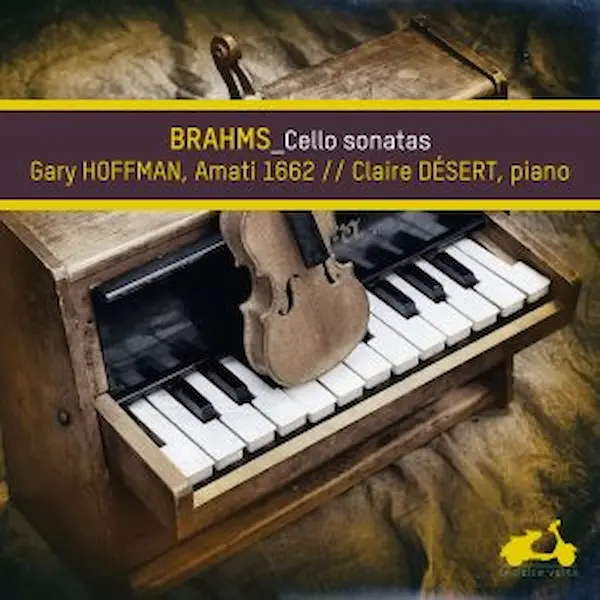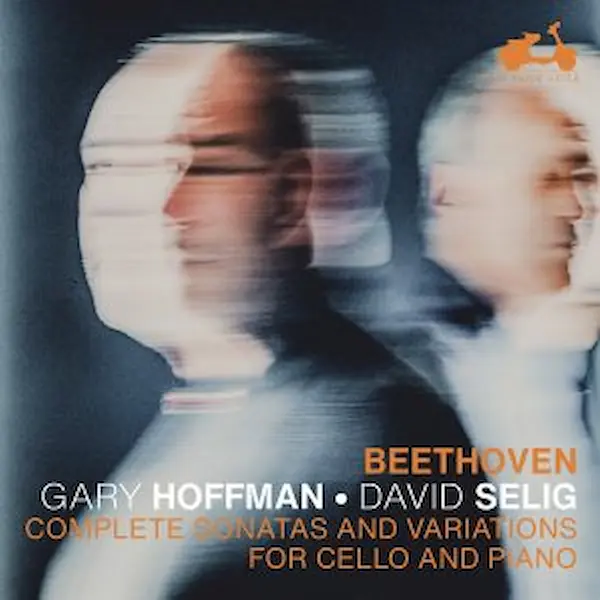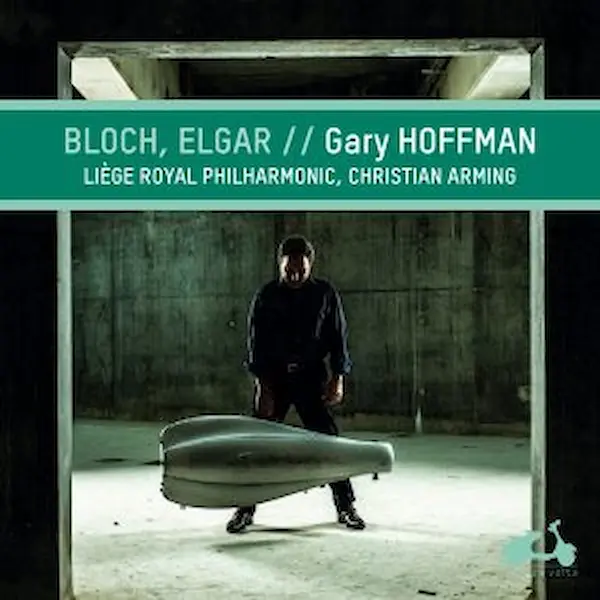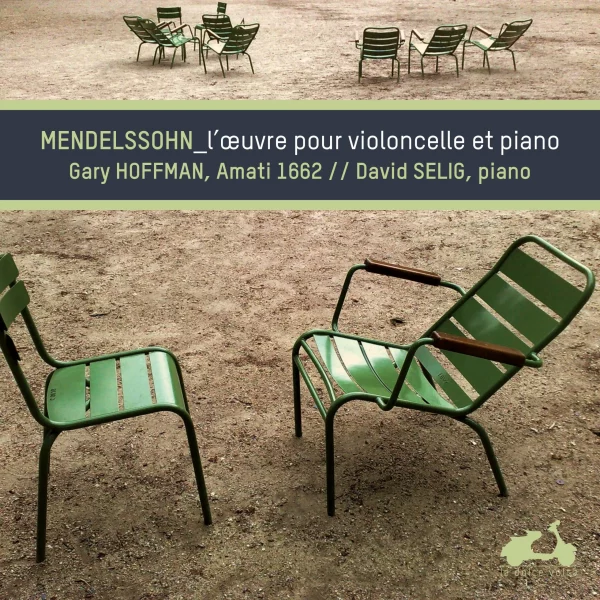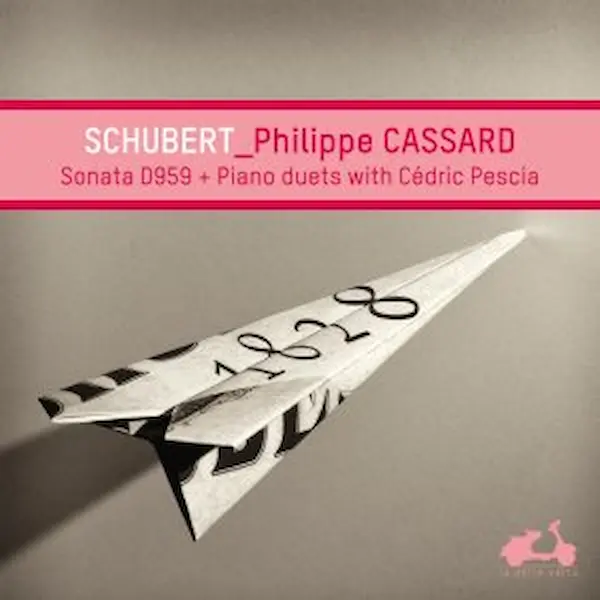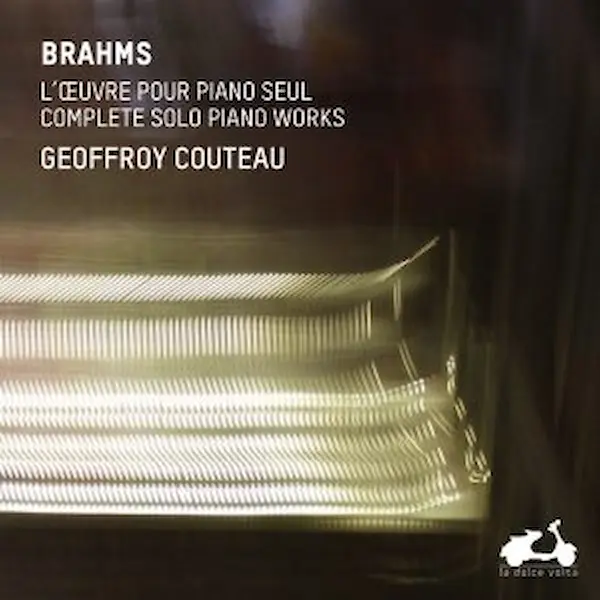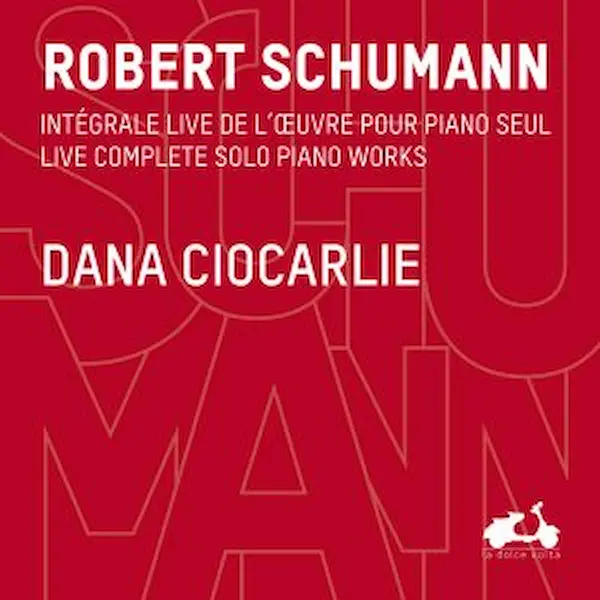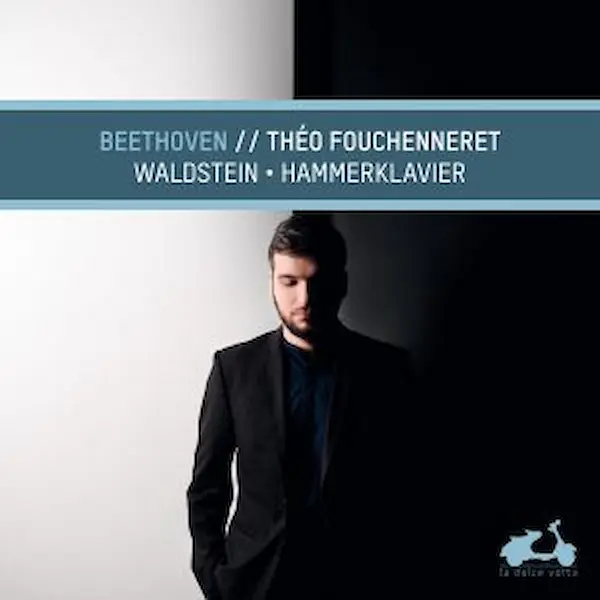Description
Brahm’s Sonatas for piano and cello, op.38 and op.99, top chamber pieces, full of multifaceted humanity require from their interpreters as much complementarity as osmosis. We are immediately captivated by Gary Hoffman’s beautiful Amati cello – once played by Leonard Rose – and pianist Claire Desert’s charming touch.
They impose a well-matured balance. Sweetness and passion, melancholy and frenzy, meditation and exaltation which all mix together thanks to spontaneous eloquent inflections. The dialogue’s fantastic aspect between cello and piano gains more and more depth and lyricism throughout the program.




